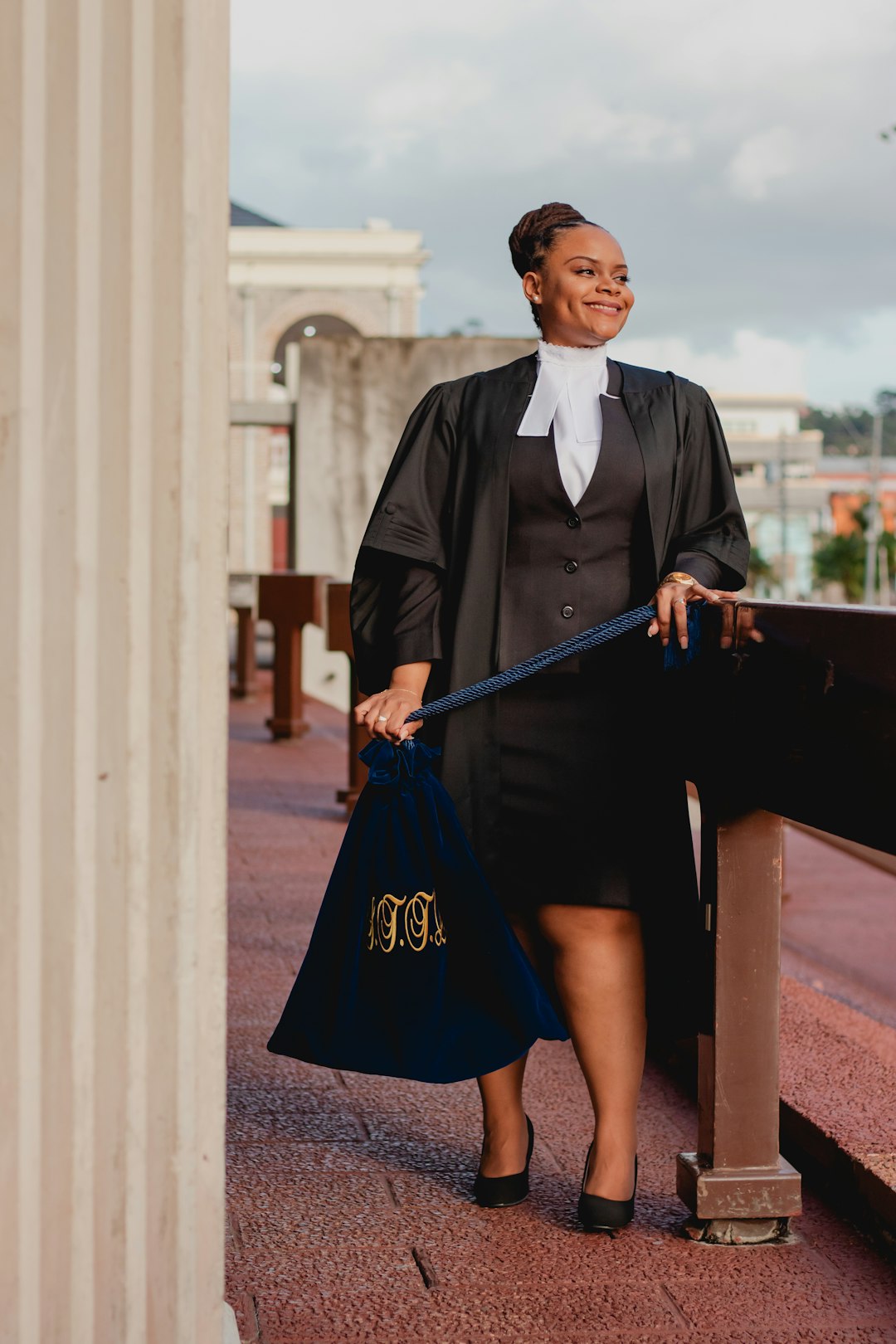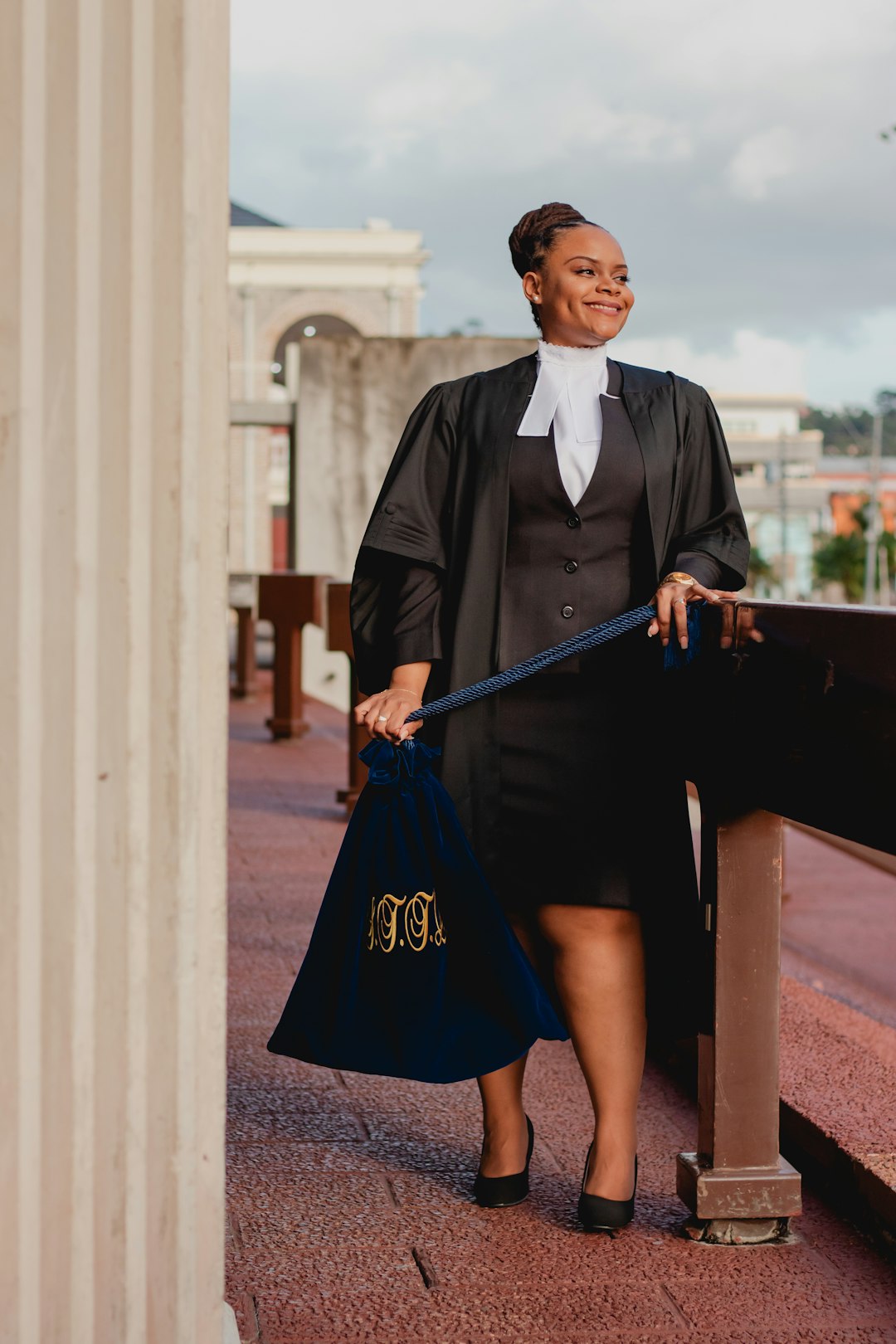Body cameras in Miami FL police enhance investigations of sexual assaults by providing unbiased, real-time evidence, boosting accountability and transparency. These tools assist rape lawyers by securing justice through accurate, credible documentation while acting as a deterrent to potential criminals. Proper guidelines are crucial to navigate privacy concerns. Implementation promotes procedural justice and community trust.
In recent years, body cameras have emerged as a game-changer in police investigations, particularly in Miami, Florida. This article explores the profound impact of these devices on various aspects of policing. We delve into how body cameras enhance evidence collection during rapes and other crimes, providing invaluable insights from a Miami rape lawyer. Additionally, we discuss their role in fostering transparency and rebuilding trust between communities and law enforcement.
Body Cameras: Enhancing Evidence Collection in Miami
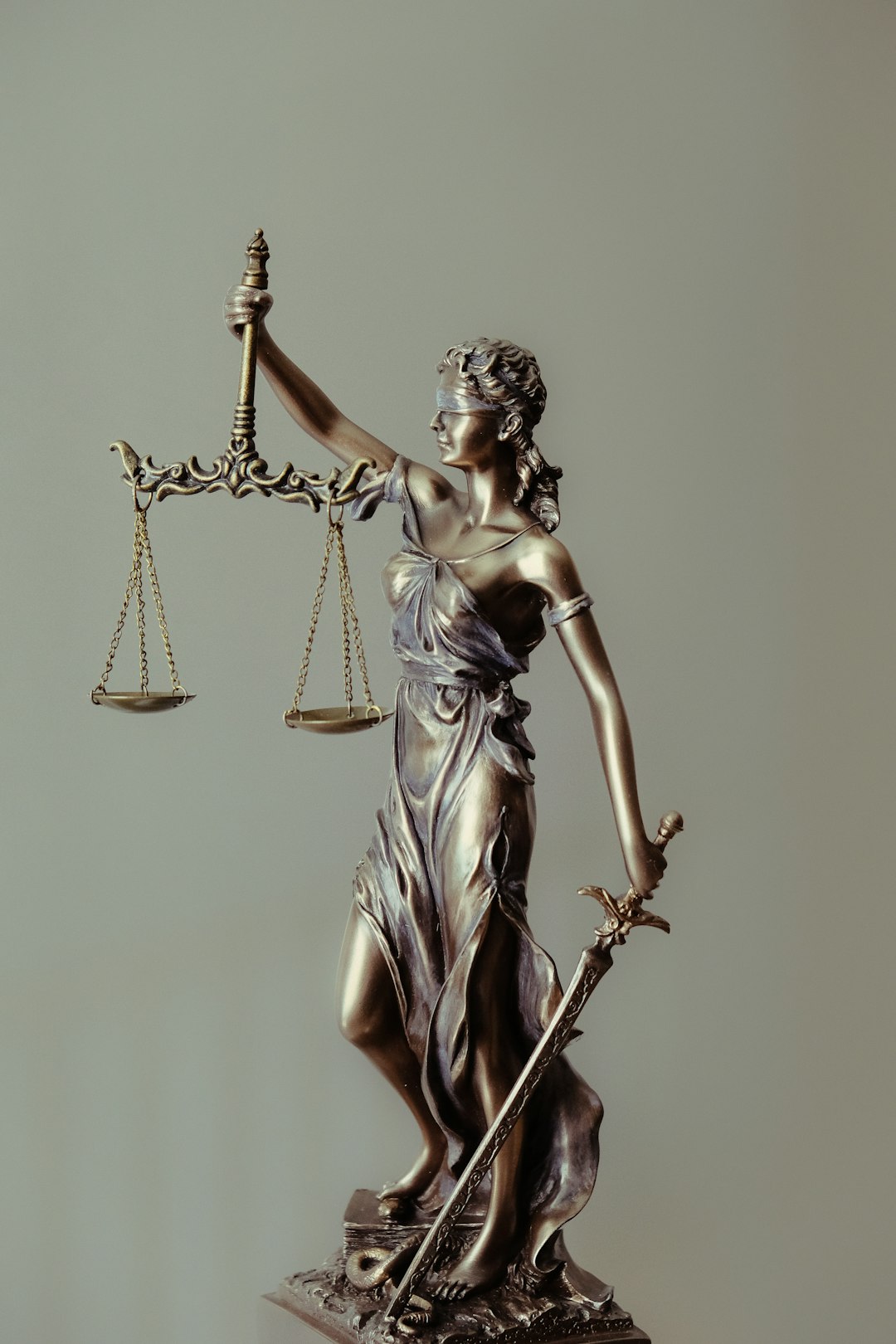
Body cameras have emerged as a game-changer in police investigations, and their impact is being felt across various departments, including those in Miami. These wearable devices provide an unprecedented level of evidence collection, capturing real-time footage that can be invaluable in subsequent legal proceedings. For instance, in cases involving alleged rape or sexual assault, body cameras offer a clear and unbiased recording of interactions between officers and victims, which is crucial for maintaining the integrity of the investigation.
With their advanced features, body cameras enable officers to document crucial details, such as witness statements, crime scenes, and interviews. In Miami’s legal landscape, particularly with the presence of dedicated rape lawyers, this additional layer of evidence can significantly strengthen cases and ensure justice. The technology serves as a powerful tool to enhance accountability, promote transparency, and ultimately support the pursuit of truth in criminal investigations.
Impact on Rape Investigations: A Lawyer's Perspective
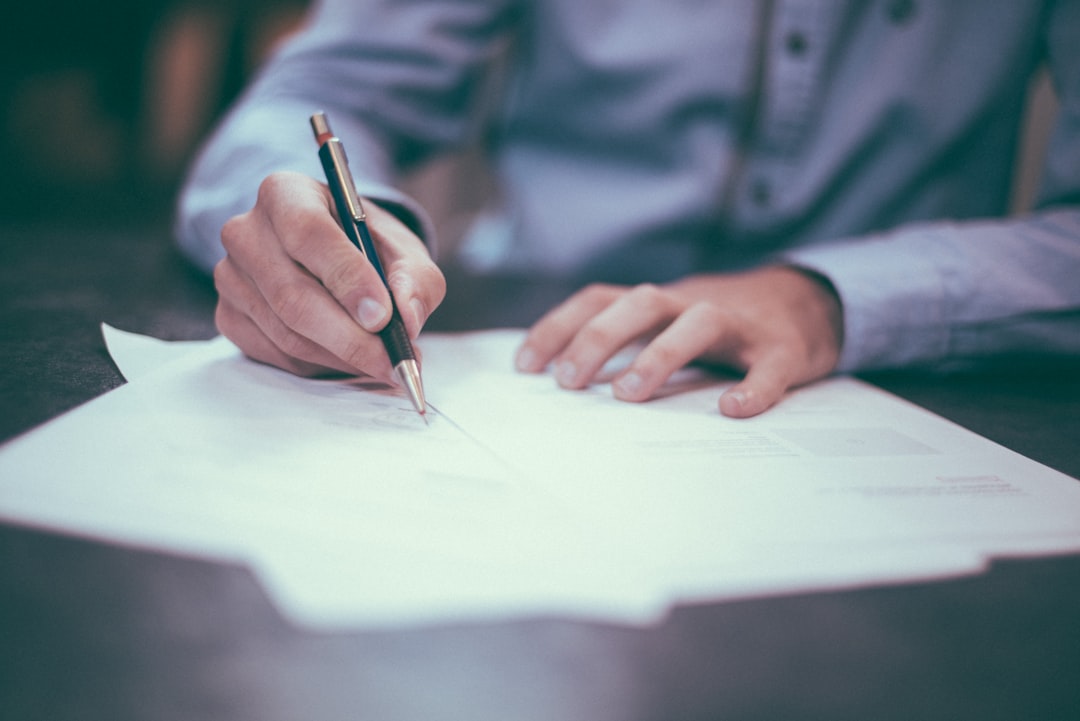
In Miami, the introduction of body cameras has brought about significant changes in police investigations, particularly in cases involving sexual assault. From a lawyer’s perspective, this technology offers both advantages and challenges when it comes to rape cases. One of the key benefits is the potential to enhance credibility and accuracy. Body-worn cameras provide an unbiased, real-time record of interactions between officers and suspects, which can be invaluable in court. This visual evidence can help lawyers build a stronger case for their clients by presenting an objective account of events.
Additionally, these cameras can serve as a deterrent, as suspects may be less likely to engage in criminal behavior if they know their actions are being recorded. However, lawyers also need to consider privacy and consent issues. The handling of intimate moments captured on body cams must adhere to strict legal guidelines to protect the rights of all involved. With proper protocols in place, body cameras have the potential to revolutionize rape investigations in Miami (FL), ensuring a more efficient and just process.
Transparency and Trust: Body Cameras in Community Policing
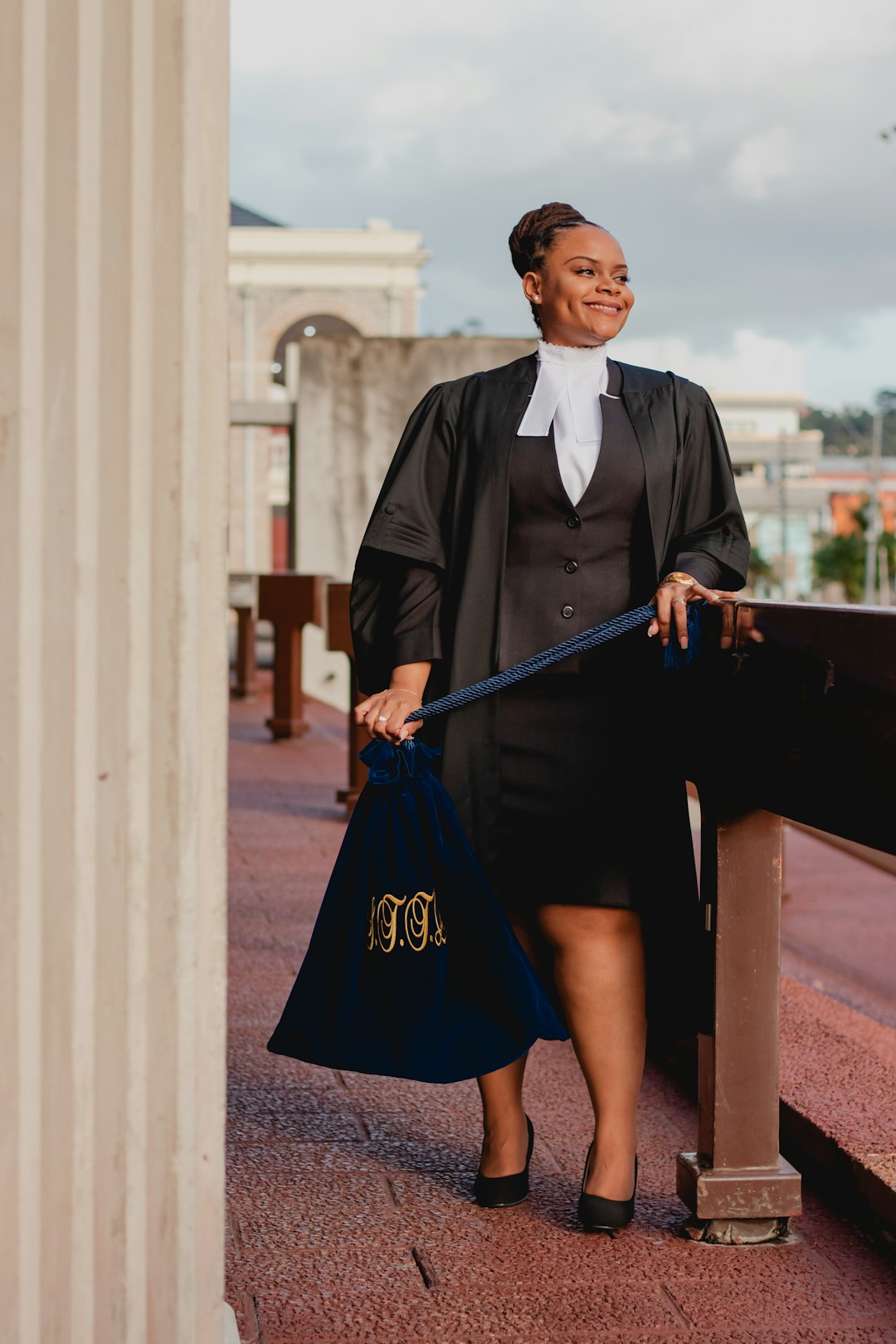
In recent years, the implementation of body cameras on police officers has become a significant topic in community policing, especially in cities like Miami, Florida. These small yet powerful tools offer a glimpse into the daily interactions between law enforcement and citizens, fostering transparency and building trust. For communities historically wary of police brutality and misconduct, body cameras can serve as a vital resource for accountability. When a police investigation involves sensitive matters such as rape or other sexual assaults, having video evidence can provide crucial insights and protect both the victim’s rights and the integrity of the case.
A rape lawyer in Miami, FL, would likely argue that this technology enhances procedural justice by ensuring every interaction is documented, reducing the potential for he-said-she-said scenarios, and allowing for a more objective review of incidents. Body cameras can help diffuse tensions between officers and residents, promoting a safer environment where cooperation and trust can flourish. In the event of a dispute, body camera footage acts as an impartial witness, ensuring that every party is held accountable under the law.



